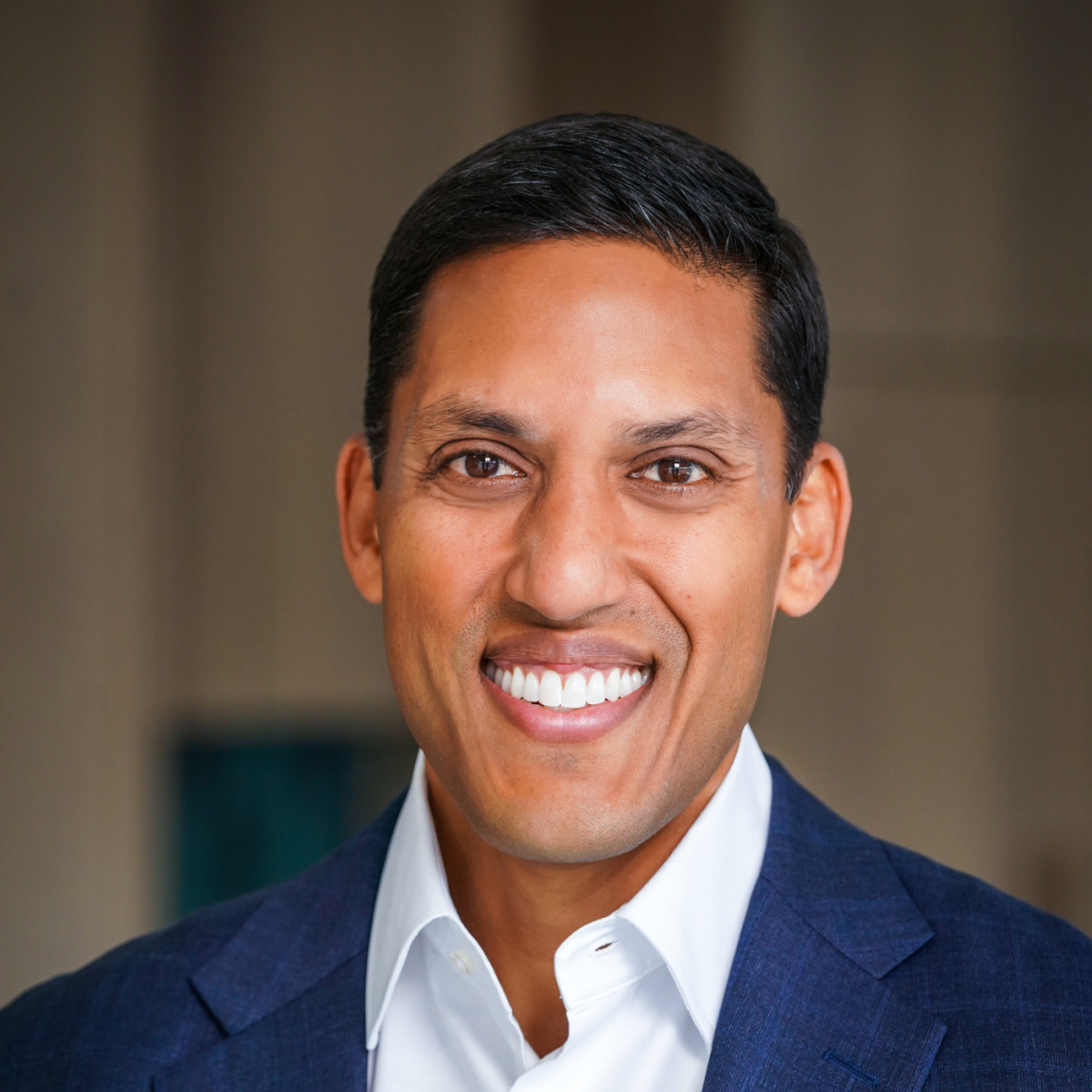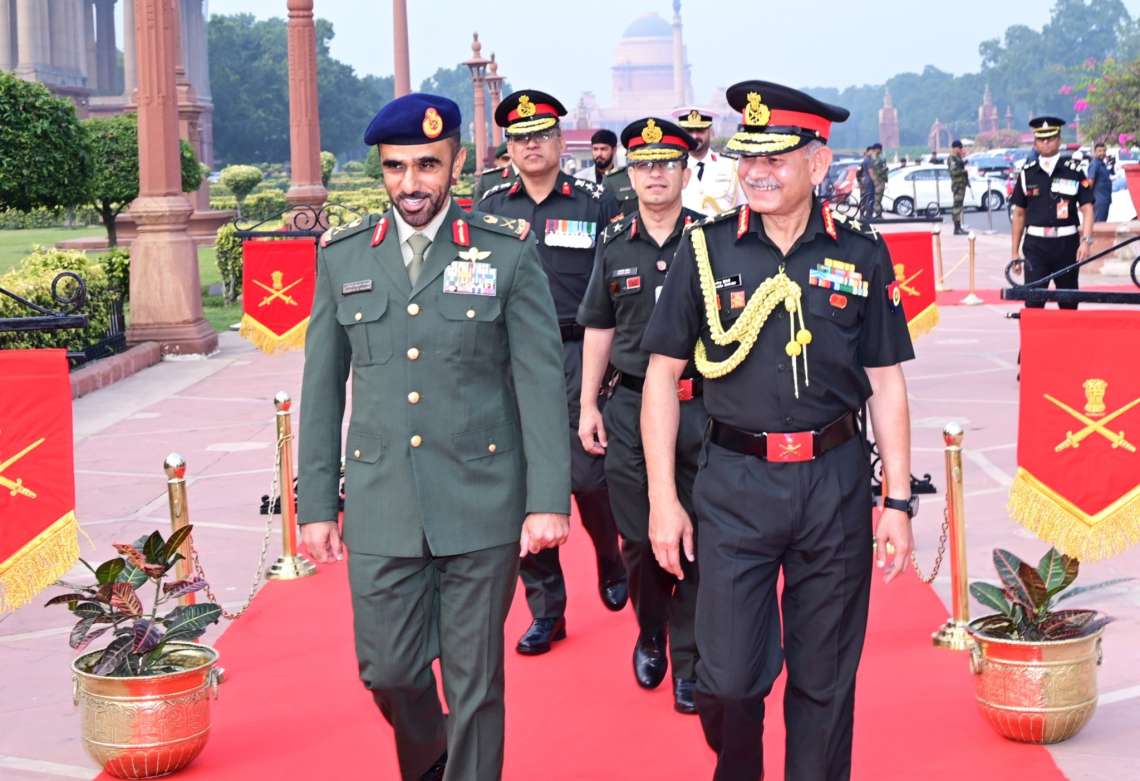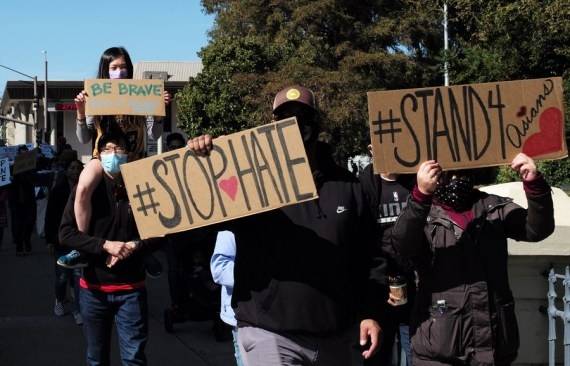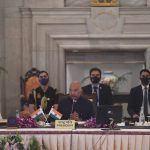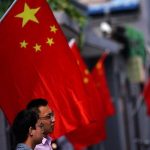The Board of Governors of the Federal Reserve System appointed Shah as a Class C director for a three-year term ending December 31, 2026….reports Asian Lite News
Dr Rajiv Shah, the Indian-American president of Rockefeller Foundation, has been named to the Board of Directors of the Federal Reserve Bank of New York.
The Board of Governors of the Federal Reserve System appointed Shah as a Class C director for a three-year term ending December 31, 2026.
Class C directors on the New York Fed’s Board of Directors represent the interests of the public, the Federal Reserve Bank of New York said in a statement released on Friday.
Shah has led The Rockefeller Foundation, a philanthropy whose mission is to promote the well-being of people around the world, since 2017.
Prior to joining the foundation, he was founder and managing partner of Latitude Capital, a private equity firm focused on infrastructure and energy projects in Africa and Asia.
From 2009 to 2015, he served as head of the US Agency for International Development (USAID).
In that role, he served on the National Security Council, led the US responses to the 2010 earthquake in Haiti and the 2014 West African Ebola pandemic, and secured bipartisan support for the passage of the Global Food Security Act and the Electrify Africa Act.
Before joining USAID, Shah served as chief scientist and undersecretary for research, education, and economics at the US Department of Agriculture, where he created the National Institute for Food and Agriculture.
Earlier in his career, he was a director at the Bill & Melinda Gates Foundation, where he created the International Financing Facility for Immunisation.
Shah is a graduate of the University of Michigan, the University of Pennsylvania School of Medicine, and the Wharton School of Business.
He served as a distinguished fellow in residence at Georgetown University and has received the Secretary of State’s Distinguished Service Award and the US Global Leadership Award.
Each of the Reserve Banks operate under the supervision of a board of directors, as laid down by the Federal Reserve Act of 1913.
Each Reserve Bank has nine directors who represent the interests of their Reserve District and whose experience provides the Reserve Banks with a wider range of expertise that helps them fulfill their policy and operational responsibilities.
The nine directors of each Reserve Bank are divided evenly by classification: Class A Directors represent the member banks in the District; Class B Directors and Class C Directors represent the interests of the public.
The directors of the Reserve Banks act as an important link between the Federal Reserve and the private sector, ensuring that the Fed’s decisions on monetary policy are informed by actual economic conditions.
ALSO READ: Indian Americans bid farewell to Consul General Randhir Jaiswal


